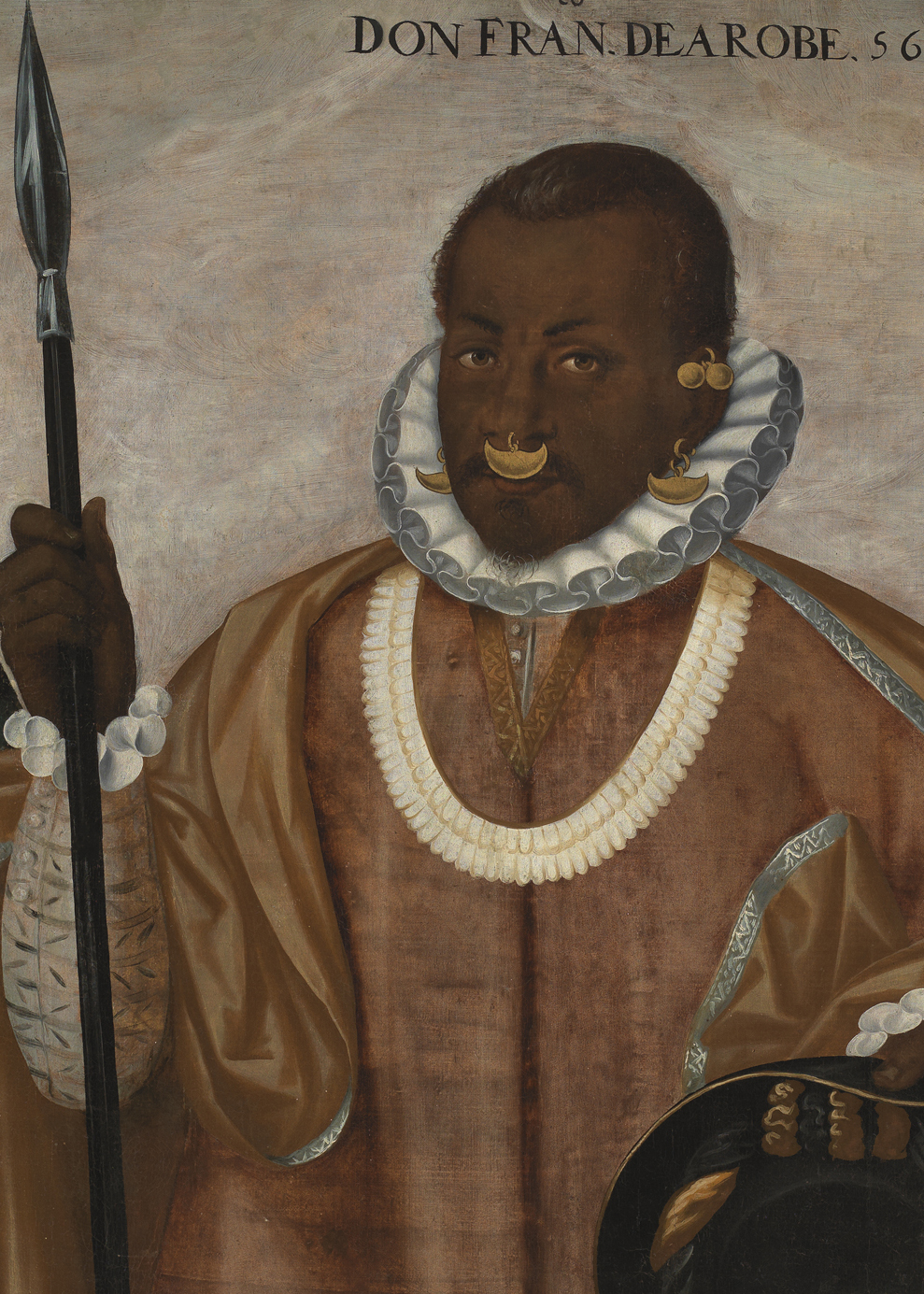AFRC 404-301
Black Geographies and the Meaning of Land Rights
R 1:30 - 04:30p
Sarah Franzen
Land has been largely contested, fought over, and diversely understood. At times it is treated like a commodity or political realm, but it is also considered a home, identity, or ancestral roots. For Africans, and the African diaspora, the history of colonialism, the trans-Atlantic slave trade, and ongoing racism has established systems of power that have deeply affected people’s access and rights to land. This course will explore the contemporary outcomes of rules governing land ownership and land rights for Africans living across three continents. Alongside this political-economic analysis, this course will also dig into cultural interpretations and relationships Africans and the diaspora have and retain towards land. By the end of this course, students should be able to more fully articulate the significance of control over land as it impacts and effects social relationships and specifically how it relates to the formation and continuation of inequalities along racial lines.
AFRC 382-401 / LALS382401 / ARTH308401
Blackness in Latin American Visual Culture, 16th-19th Centuries
MW 2:00 - 3:30p
Helen Melling
The presence of Africans and their descendants produced a complex visual culture in colonial and 19th century Latin America. This course introduces students to a rich body of imagery from the Spanish and Portuguese-speaking Americas in order to explore the multiplicity of meanings ascribed to Blackness across the region; from colonial conceptions rooted in lineage and bloodlines, to the construction of race as an material and biological 'fact' in the 19th century. Sources include the casta paintings of colonial Mexico, fashion and material culture, the popular iconography and print culture forged by costumbrismo, and late 19th century photography. Focusing on several countries including Brazil, Cuba, Mexico and Peru, this seminar provides a thematic exploration of these sources through topics including slavery, citizenship, national identities, religion, self-fashioning and resistance. The aim is to explore how ideas of Blackness were configured, imposed and remade, through representations of Afrodescendants in the visual arts, and the production and use of visual and material culture in Black self-fashioning and collective identities.
CLST 315-401 / AAMW 514 / ANTH 315 / CLST 515
Kinship and Connectivity in the Roman World
TR 3:00 - 4:30p
Liana Brent
An individual’s life course is often reflected, enhanced, and defined by their relations to other individuals. This course will investigate the concept of kinship in the Roman world through textual, visual, and archaeological evidence. We will explore relationships at all levels of society from the imperial family to the slaves and freedmen who were part of larger households, in order to understand how different relationships shaped and structured interactions in Roman society. Together, we will explore the following questions: how were relationships and bonds represented in the ancient world? What structures were in place for families to perpetuate themselves through biological or adoptive means? How could non-Roman citizens create family connections through formal and informal channels? How could relationships be celebrated in life and commemorated in death? We will turn to written evidence from ancient historians, visual evidence like the Altar of Peace, and archaeological evidence from cemeteries to examine how Roman notions of kinship shaped life and death in different social milieu.
ANTH 312-301
Violence and the Re-Making of Kinship
MW 2:00 - 3:30p
Alyssa Miller
This course considers how violence impacts the institution of the family, as well as the ideals of kinship that family sustains. Drawing on a variety of source texts, we will explore the contradictory and ambivalent aspects of kinship under violent duress. The shared experience and memory of violence can bring families closer together, yet it can also destroy the very essence of kinship itself. Recognizing this contradiction reveals that kinship has never been a 'natural,' unchanging category, but is rather a contingent social event. We will focus our analysis on forms of violence organized by the modern state, such as incarceration, torture, ethnic purges or disappearance. We will examine how processes of state-formation, patriarchal power, and capitalist accumulation have impacted the intimate domain of the family, re-configuring kinship relations during key political and social upheavals. These might include the trans-Atlantic slave trade, the 1947 partition of India, disappearances under the military junta in Argentina, and family separation as a means of border control under the Trump administration. In considering these events, we will look not only for their devastating effects on family, but also for possible signs of dignity and hope.
CIMS 392-402
Visualizing the Future
W 2:00 - 5:00p
Danielle Taschereau Mamers
How do we visualize the future? Images, visualizations, and all sorts of representations make possible particular ways of seeing, thinking, and imagining our worlds. The future is also a concept with political stakes. The future is not a given or determined system of relations. Imagining possible worlds requires the work of seeing, of image-making, and other visual methods. Visualizing the future is political work. We will explore the political work of images, visual practices, and futurities in three contexts: future bodies, future cities, and future worlds.



